Spending 70% less time on IRB applications at Merrimack College
For the first time, they can turn something around in 48 hours
Challenge

Merrimack College is a rapidly growing research institution, but a few years ago, its technology was sorely behind. In the IRB office, tracking and managing documentation was taking far too long due to a rudimentary paper-based system.
The IRB office administrator would print and mail letters by hand after manually filling them out. She would also convert IRB applications to PDFs and upload them online for storage. “Our old system was horribly tedious,” says Vice Provost Jonathan Lyon. “IRB members didn’t like it, and faculty and students submitting protocols didn’t like it. It was inefficient and leading to too many mistakes.”
“Our old system was horribly tedious. IRB members didn’t like it…It was inefficient and leading to too many mistakes.”
Jonathan Lyon
Vice Provost
Solution

The IRB office needed a better way to review the increasing volume of applications from faculty and students, as well as a system to track protocol expiration dates and modifications. So a team of faculty IRB members, academic administrators and IT staff evaluated two leading IRB software solutions. “The overwhelming favorite was Human Ethics,” Lyon says. “It was the most user-friendly, with features we needed and expandability if we required it. It was a unanimous decision.”
Human Ethics replaced the college’s paper-based system, automating storage and simplifying the application process with smart forms. An IRB dashboard tracks when files have been reviewed and simplifies workflow management with reviewer and analyst assignments. “The dashboard is fantastic,” Lyon says. “Everyone likes it…Everyone knows the stage of the process [an application is in]. The review trail allows us to see if something is hung up and where.”
Results
Today, IRB review time is significantly shorter, thanks to automatic notifications and improved visibility into application status. “In the past, it was unheard of to turn around something in 48 hours,” Lyon says. “Now we can do that. It’s really that much of a game-changer.” Merrimack College’s IRB has seen the following additional benefits:
- Completely eliminating paper routing
- Automating storage
- Managing workflow more easily, including assigning tasks to reviewers and analysts
- Receiving automated notifications for reviewers and applicants, improving communication
- Reducing errors
- Increasing efficiency of IRB meetings
- Collaborating more easily on applications
The volume of IRB applications has approximately doubled in the last several years, and yet the IRB administrator’s time devoted to managing that workload fell by 70%. Faculty and students are benefitting from Human Ethics as well. “They spend less time in the application process and more in research,” Lyon says. “Human Ethics is a great tool to help [students] understand the IRB process, what it’s about. So it’s been an educational tool as well.” IRB meetings are more efficient and even more enjoyable, because members can review documents beforehand, and collaboration is easier.
Merrimack has seen its human subjects research portfolio expand substantially: 80% in a single year. That growth would not have been possible without Human Ethics, according to Lyon: “It would have been a disaster without Cayuse.”
“In the past, it was unheard of to turn around something in 48 hours. Now we can do that. It’s really that much of a game-changer.”
Jonathan Lyon
Vice Provost
